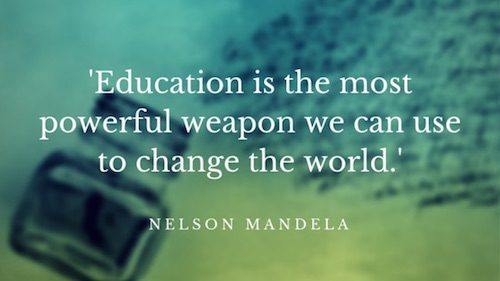“Play allows children to use their creativity while developing their imagination, dexterity, and physical, cognitive, and emotional strength” (Ginsburg, 2007).
Friedrich Froebel explains that a child does their best thinking and learning whilst they are playing. Play within education is fundamental to a child’s holistic development. It helps to make connections in their learning in a relaxed environment as it enables the children to experiment within their own learning and apply it to contexts which they are familiar with. Furthermore, Susan Isaacs also valued play based learning as she saw the value of play as a means to enable children the freedom to balance their ideas and feelings.
There are various types of play which can be involved within play based learning. These involve; symbolic, creative, discovery, physical, technological, games, environment and through books and language. During quality play within mathematics however, children are involved with making decisions, imagining, reasoning, predicting, planning, experimenting with strategies and recording (Lewis, cited in Pound, 1999). Playing around in maths allows the children to know and understand early maths language involved with basic mathematical skills such as measurement, time, shapes, spaces, positions, early numbers and order and patterns. One way to help children practice their new mathematical skills through play, is by learning number rhymes and songs such as; Five Currant Buns, Ten in the Bed and One, Two Buckle My Shoe. These are fun ways for children to connect with maths in a playful and exciting manner.
Play within learning encourages creative and flexible thinking, and is som ething which parents can get involved in. However, parents who are afraid of maths or dislike it, will pass this onto their children (Furner & Duffy, 2002). Therefore, it is important that when parents are encouraging maths in the home, that they promote positive mathematical experiences. Susan Isaacs, alongside Friedrich Froebel, has valued the importance of parents as educators. Parents of preschool children especially, are essential in their child’s early development (Pound, 2003). It is important for parents to encourage play based learning in their home as this will help to develop the learning of the child. Parents can be involved with helping children have fun with simple mathematical concepts such as numbers, shapes and measure. It is crucial however, to have a balance between child initiated play and adult initiated play. It is important to ensure that children are regularly at the forefront of their learning, as this is when the child will learn best. This can easily be done by allowing the children to create their own rules or their own games.
ething which parents can get involved in. However, parents who are afraid of maths or dislike it, will pass this onto their children (Furner & Duffy, 2002). Therefore, it is important that when parents are encouraging maths in the home, that they promote positive mathematical experiences. Susan Isaacs, alongside Friedrich Froebel, has valued the importance of parents as educators. Parents of preschool children especially, are essential in their child’s early development (Pound, 2003). It is important for parents to encourage play based learning in their home as this will help to develop the learning of the child. Parents can be involved with helping children have fun with simple mathematical concepts such as numbers, shapes and measure. It is crucial however, to have a balance between child initiated play and adult initiated play. It is important to ensure that children are regularly at the forefront of their learning, as this is when the child will learn best. This can easily be done by allowing the children to create their own rules or their own games.
I have attached a picture which explains different ways in which parents can help children when learning maths.
Another way in which children can learn maths is through stories. Stories allow children to make sense of both the real world and the imaginary world. A mathematically themed story can be shared either on a 1-to-1 basis or also within a group or classroom environment. Stories could be read aloud at home by parents to their children, or teachers could use stories to support their pupils’ mathematical learning and understanding. Furthermore, the pictures within a story book are also a good stimulus for the development of mathematical discussion. However, it is important to ensure that the questions asked and discussions had, are relevant to the children’s stage of mathematical development. If this is not the case, the children will not benefit from the story and instead this may confuse them. Using story books within mathematics can also support other areas of the curriculum too. For example, the children could act out the stories, linking to drama and performing arts, and place emphasis on the mathematical language or concepts involved in the stories, and how this links to what they are learning at the moment in class. Furthermore, reading story books to help support maths, will also improve the children’s language skills and influence their love of reading and language.
I have attached a video of a mathematical story book being read aloud, which is a perfect example of the kind of story books which could be used to assist mathematics for children.
References
Ginsburg, K. (2017). The Importance of Play in Promoting Healthy Child Development and Maintaining Strong Parent-Child Bonds.
Pound, L. (2003) Supporting Mathematical Development in the Early Years. Buckingham: Open University Press.
Pound, L. (2008) Thinking and Learning about Mathematics in the Early Years. Oxon: Routledge.
Skwarchuk, S. (2009) How do parents support preschoolers’ numeracy learning experiences at home? Early Childhood Education Journal, 37(3), pp.189-197. Doi:10.1007/s10643-009-0340-1.

